EAT and YMYL: Understanding Google's Content Quality Guidelines for SEO
Why quality is important for SEO
It can be easy to forget that Google isn’t an anthropomorphic being that magics information out of thin air, when it is, first and foremost, a business. And, like every other business out there, it aims to provide its users with the best product possible: a search engine that gives them relevant, valuable and correct information.
Or, in other words, a search engine that gives them the highest quality of content.
Which is why this should be at the forefront of your mind when creating SEO articles.
Infoserve’s SEO and content team know all about creating high quality content, so we thought we would explain this vital component and give you a few tips on how to implement EAT in YMYL articles.
What is EAT?
EAT stands for: Expertise, Authority and Trustworthiness.
These principles are outlined in Google’s Search Quality Rater Guidelines. Although they are not considered a direct ranking factor, Google’s algorithms apply them to indirectly signal high quality content.
So, what are these and how can you apply them to your content?
Expertise
Google values content created by individuals or organisations with expertise in their respective fields. This means demonstrating knowledge, experience, qualifications, and credentials relevant to the topic. For example, medical advice should come from licensed professionals, and legal guidance should come from qualified attorneys.
If you apply this to a real life scenario it makes even more sense. You wouldn’t approach a quantum physicist and ask for his expert opinion on the relevance of iambic pentameter in traditional English poetry. You would find someone qualified in this area of research.
Google wants users to find the expert too.
Authority
Authority might sound the same as expertise but it actually refers to the reputation of the source rather than its expertise. High-quality backlinks, positive reviews, citations from reputable sources, and mentions in the media can contribute to perceived authority.
Trustworthiness
Trustworthiness is undoubtedly one of the most important ranking factors Google has. It needs to know that your source is coming from a place of sincerity, and that it will not give users false, misleading or offensive content.
You can prove your content is trustworthy by:
- Clearly stating who wrote your content. You will be given additional credit for naming the content author, and listing their credentials to discuss the topic at hand
- Editing for factual accuracy
- Citing your sources. These must be trustworthy and considered experts in themselves.
- Including quotes from experts. This also provides additional opportunity to link to a trustworthy source
- Avoiding the use of excessive ads. Make your content front and centre, and show you want your audience to access that information freely and without jumping through hoops
For a deeper dive into EAT, take a look at our blog: What Are the E-A-T Principles and Why Do They Matter?
What is YMYL?
YMYL stands for Your Money Your Life. This refers to topics that significantly impact a user’s life such as financial stability, health and safety.
EAT is particularly vital for these pages due to the sensitivity of the subject matter, and the harm that can be caused if the wrong information is given.
Here are a few examples of YMYL topics:
- Websites that report on current affairs i.e. news channels
- Websites with medical advice and information
- Advice on fire safety and evacuation
How to improve EAT on YMYL pages
1. Create high quality content
Prioritise creating comprehensive, accurate, and well researched content that demonstrates your expertise in the subject matter. Support your claims with credible sources and data.
Google wants content to be:
- Original: Content with unique insights is useful to the reader of your content. For example, as a content writer, my unique experiences in creating content for SEO purposes give me the expertise to create content that is backed by industry knowledge.
- Helpful to users: Get straight to the point and give your users the answers they are looking for.
- Written by people, for people: It can be easy to get overwhelmed by the technical aspects of SEO and forget to write for your reader. Create content that you yourself would be interested to read, and avoid falling into the trap of creating content simply to assuage Google’s algorithm.
2. Establish authority
Build your brand's authority by publishing authoritative content regularly, earning backlinks from reputable websites, and engaging with your audience across various platforms.
3. Provide transparent information about writers
As stated previously, Google wants to know that the information you provide has come from a reputable source. Someone who has the experience, accreditations or qualifications to give accurate information.
One of the best ways to do this is create an About Us page that introduces members of your team, with their experience listed. Author bios establish the expertise of your writers.
You could also consider hiring an expert to write guest blogs, as their authority will show Google that you care about the information you put on your website. Linking to their website can add an additional level of trustworthiness.
4. Cite credible sources
Citing credible sources is the online equivalent of pointing to a textbook written by an industry expert to prove that you are right.
If you have taken information or a quote from another source, do not be afraid to add a link to that source, as long as it demonstrates expertise. Doing this doesn’t make you look like any less of an expert; it reinforces your point.
Credible sources can be in the form of:
- Online research texts
- Studies conducted by experts in the field
- Web pages that Google already ranks highly
- Tweets by recognised industry professionals
- Academic databases
- News articles
As long as the source is both official and trusted, make sure you link it.
For example:
In March 2024, Google announced a new core update that is: ‘designed to improve the quality of search by showing less content that feels like it was made to attract clicks, and more content that people find useful.’
5. Find backlinks
Backlinks are any links that redirect someone from an external website to your website. They show that other people online trust your company enough to recommend it.
The quality of backlinks matters more than you might think. In fact, the expertise, authority and trustworthiness of the website linking to you can impact your overall website rating. So, it is vital to seek credible websites for your backlinks.
Backlinks can also happen organically as your website grows.
6. Keep content updated
Information is not constant, and although the facts you listed in your content might have been true at the time, they may have grown outdated. This is particularly true for statistics, or updates to medical information as the way we understand and interpret health adapts.
In order to improve the EAT of YMYL content, make sure you revisit it annually to make sure it is still accurate and relevant. If it was written by an expert, they may even wish to return and edit it themselves upon discovering new information.
This signals to Google that you care about giving your reader honest information.
Not sure where to start?
If you’re still struggling to understand E-A-T or simply want a hand implementing it into your content strategy, then Infoserve can help. Our Content Experts and dedicated SEO team are experts in creating relevant content that demonstrates your expertise, authority and trustworthiness to Google. Simply give us a call today to discuss your requirements.













